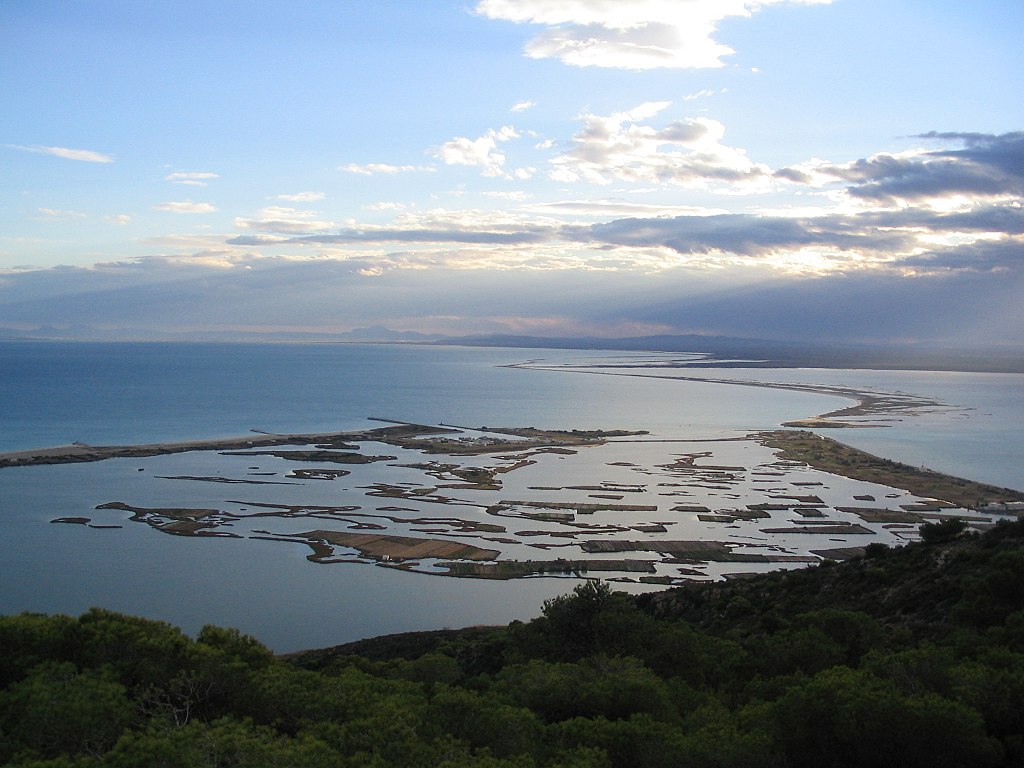The COVID-19 pandemic did not prevent Youth from the Ghar El Melh area, situated 60 Km north of Tunis and known for its ecological importance, and the GEMWET Project partners to advance their capacity development on green jobs, supported by the MAVA Foundation. Responding to the lockdown challenges in Tunisia, GWP-Med designed, with the assistance of a professional coach, a series of webinars to continue support to young local participants, aged from 25 to 35, on green entrepreneurship Project activities.
Reflecting priorities defined at a workshop among GEMWET stakeholders and partners, the webinars were launched on 21 March 2020, with the first one discussing green business plans developed by 10, within a working group of a total of 17 trainees, seeking to foster income-generating opportunities, while contributing to environmental protection in the greater wetlands area of Ghar El Melh. Sustainable agriculture and fisheries, waste recycling, eco-tourism and other green local services, were among the business projects presented, several of which encompassed smart technologies to tackle environmental challenges and, as pertinent, turn them into job opportunities. Employing the Green Business Model Canvas methodology, participants were guided to develop new and/or document and improve existing business models, and then to deliver an elevator pitch.
Next steps, scheduled for April 2020 onwards, include one-to-one online coaching and mentoring. These will utilize a PESTEL (Political, Economic, Social and cultural, Technological, Environment and Legal) analysis that examines key factors that might affect the success or failure of a business plan. The aim at this phase is to engage at least 13 young participants, with individual sessions cultivating skill sets needed to promote specific contents of the suggested green business plans. Advancements in these are expected to stimulate more young people to engage in agribusiness opportunities in their communities, towards entrepreneurship/employability built on the local natural capital as well as environmental benefits, while preventing youth migrating from the area to urban centers or abroad.
The ‘Conservation and Sustainable Development of Coastal Wetlands with High Ecological Value’ (GEMWET) Project aims to assist economic, socio-cultural and ecological development in the Ghar El Melh. It is a wetlands area known for its ecological and heritage richness (a Ramsar wetland and the first Arab and North Africa city to be recognised as Ramsar city), which, however, is facing a range of developmental pressures particularly under climate vulnerability and change impacts. Economic activities are mainly related to tourism, lagoon/coastal fishing and agriculture.
Applying principles of the Integrated Methodological Framework for Integrated Water Resources Management (IWRM) and Integrated Coastal Zone Management (ICZM)*, the project aims at strengthening governance and local capacities for ecosystems’ monitoring and management; promoting the sustainable use of water resources; contribute fighting urban and industrial pollution; assist strengthening traditional farming practices; promoting responsible tourism; supporting the Ghar El Melh Coastal Development Programme; and engaging youth. With the support of the MAVA Foundation, the GEMWET Project is implemented under the lead of WWF North Africa and in partnership with BirdLife Europe, Association "Birds Friends", GWP-Med, UN Environment / Regional Activity Center of the Priority Actions Program (PAP/RAC), National Agronomic Institute of Tunis, Tour du Valat and IUCN.
* IMF for IWRM/ICZM, developed by PAP/RAC, GWP-Med and UNESCO: www.pap-thecoastcentre.org/pdfs/IMF%20Guidelines.pdf
